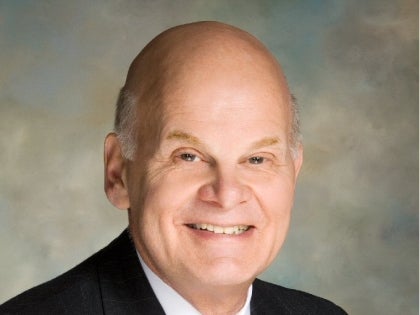
Senator Saland Announces Medicaid Fraud Legislation
Senator Steve Saland (R,C Poughkeepsie) today announced that the Senate passed legislation that would dramatically overhaul New York State’s Medicaid fraud detection capabilities, aimed at reducing corruption and waste, and returning millions of dollars to taxpayers.
The U.S. General Accounting Office estimates that a minimum 10 percent of Medicaid expenses - and as much as 30 percent - are diverted through fraud, an amount equal to billions of dollars each year in New York’s $44 billion Medicaid program. But New York’s antifraud efforts have recouped only a fraction of that amount, lagging far behind other states.
"New Yorkers are being crushed by hundreds of millions of dollars in costs associated with Medicaid fraud," Senator Saland said. "These numbers indicate a need to bring the state’s program under control, better coordinate efforts aimed at fighting fraud, and return those dollars into the pockets of hardworking New Yorkers. This legislation would dramatically restructure New York’s current process of detecting and combating Medicaid fraud and bring much needed relief to overburdened taxpayers."
The legislation would create the Office of Medicaid Inspector General to consolidate and coordinate the investigation of Medicaid fraud and assist with the prosecution of people who commit fraud. In addition, it would strengthen penalties for criminals who commit fraud, and obtain state-of-the-art, computerized Medicaid fraud detection system. Similarly, the new office would be able to provide funding and staff assistance to local district attorneys and other entities to aid in restitution and fraud recovery efforts.
As a participant of the Majority Task Force on Medicaid Reform, Senator Saland said that this legislation would do much in restoring accountability to the program, while eliminating waste, fraud and abuse.
"This legislation builds on our commitment to providing quality health care for all New Yorkers while making the Medicaid system more effective and efficient for recipients, providers and taxpayers," Senator Saland concluded.